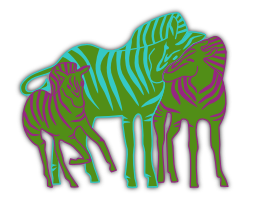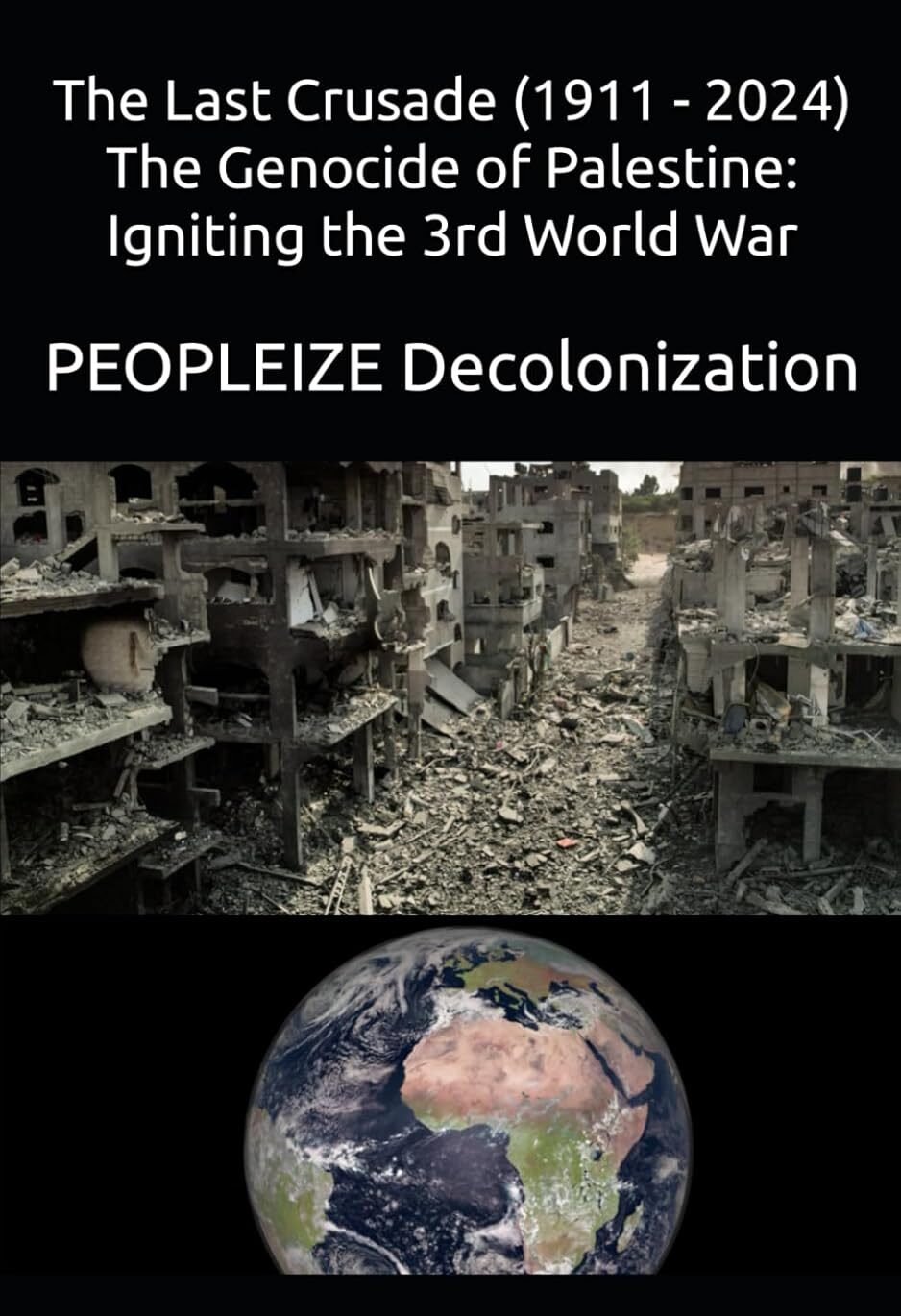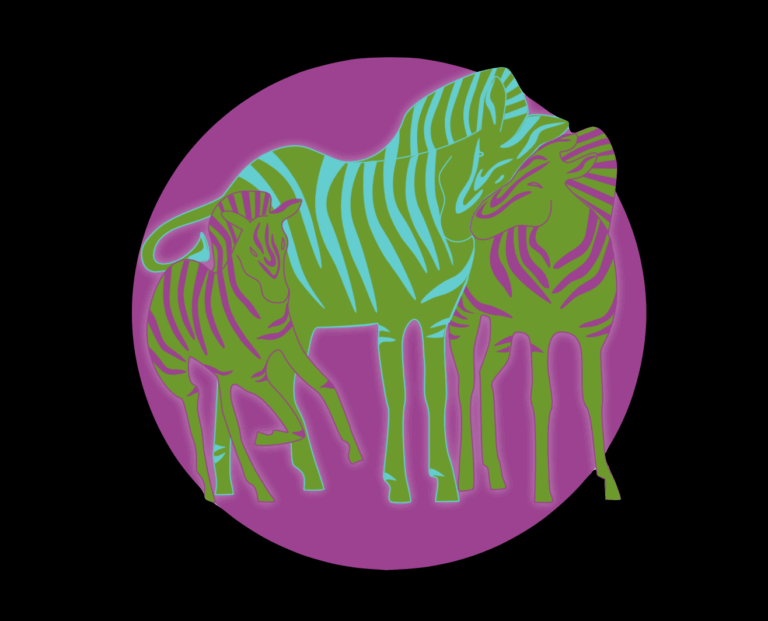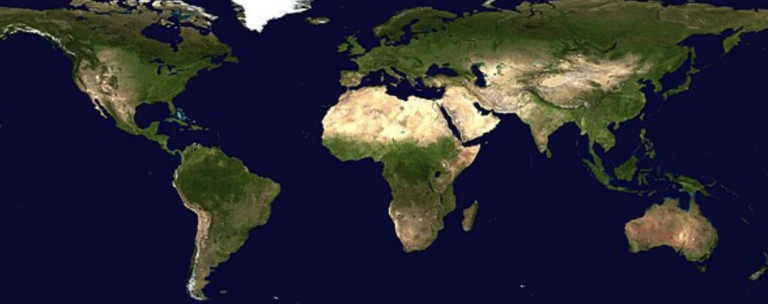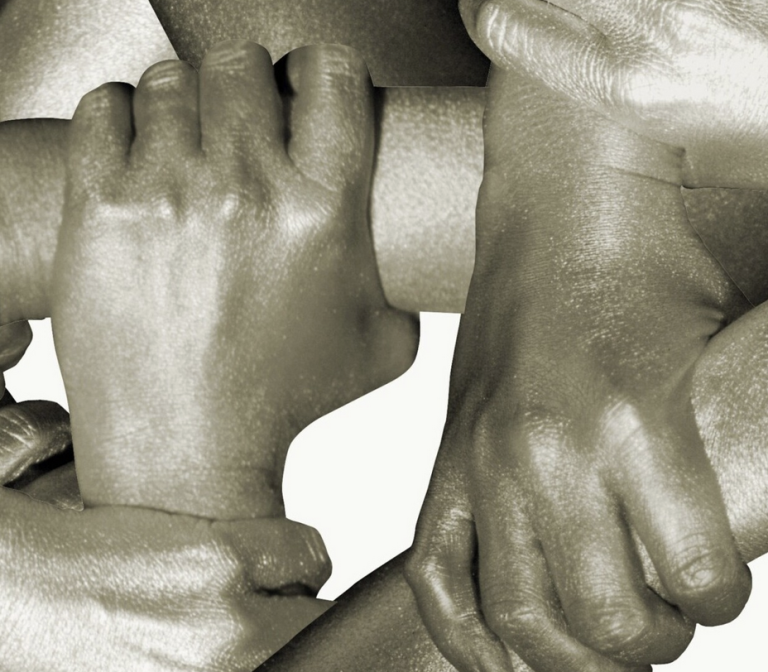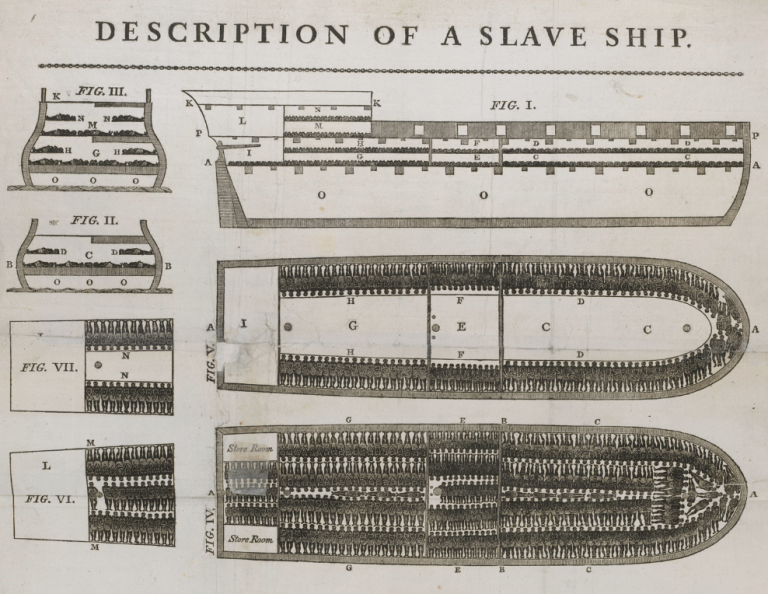Chapter III: 3rd World War
Wobuntu: I Am, Because We Are
It all began with an unintended twist of fate, an international turning point that reshaped the global landscape in ways few could have predicted. As the world watched, 143 UN member states made a stand, refusing to support the ongoing genocide in Palestine. This act of defiance was not merely a symbolic gesture; it was a resounding declaration of a new world order. These nations, representing the majority of the world’s population and controlling the lion’s share of the planet’s natural resources, unified against the legacy of colonization, imperialism, and exploitation that had dominated global affairs for centuries.
This unprecedented alliance was more than just a political stance; it was a fundamental shift in the global paradigm. The 143 countries, spanning across Africa, Asia, Latin America, the Middle East, and including China and Russia, recognized their collective power not only in numbers but also in resources. Together, they represent over 90% of the world’s population—billions of people whose voices had often been drowned out by the interests of a few powerful nations. These countries also control the majority of the Earth’s vital resources: more than 75% of the world’s oil reserves, over 65% of its natural gas, and upwards of 60% of its mineral wealth. In terms of agriculture, they are responsible for feeding a significant portion of the global population, with vast arable lands and rich biodiversity.
This coalition of nations was not formed out of a desire for revenge or dominance but out of a shared vision for a future where justice and equality would prevail over greed and exploitation. The decision to stand together was a clear rejection of the colonial and imperial practices that had long been the foundation of global power structures. Instead of competing for dominance, these countries chose to collaborate, recognizing that their true strength lay in unity and mutual respect. The bloc also agreed to a shared understanding that colonial religious beliefs were a tool used for exploitation and control of people. From their colonial racist teachings to the practice of promoting a singular, colonial version of God to divide communities against each other, these tactics were recognized as a misleading errors of the past.
By agreeing to a world based on equality rather than colonization and greed, these 143 countries set in motion a transformative process. They rejected the notion that any one nation or group of nations should control the destiny of others. They refused to accept the idea that the Earth’s resources should be hoarded by a few while billions suffered in poverty and deprivation. This collective stand was a powerful affirmation of the right of all people to live in peace, security, and dignity, free from the shackles of exploitation and oppression.
This movement was not just about reshaping international relations; it was about redefining the very concept of power. It was a recognition that true power does not come from the ability to dominate others, but from the capacity to uplift and empower all. By harnessing their shared resources and their collective will, these nations set out to build a world where the benefits of progress and prosperity would be shared by all, not just a privileged few.
This historic moment marked the beginning of a new era, one in which the principles of justice, equality, and solidarity would guide the global community. The alliance of these 143 nations, representing the vast majority of the world’s population and resources, stood as a testament to the possibility of a better world—a world where power is not measured by the ability to oppress, but by the ability to uplift and support one another. This was more than just a political statement; it was a profound commitment to building a future where all people, regardless of their background or circumstances, could live in peace, prosperity, and harmony with the Earth.
This pivotal moment was profoundly influenced by the Summary of the Advisory Opinion of 19 July 2024 (Document Number: 186-20240719-SUM-01-00-EN), issued by the International Court of Justice (ICJ). In this advisory opinion, the ICJ addressed Case 186 – Legal Consequences arising from the Policies and Practices of Israel in the Occupied Palestinian Territory, including East Jerusalem. The court’s findings were clear and unequivocal, condemning the policies and practices of Israel in the occupied territories as violations of international law, including the Geneva Conventions, and declaring them to be acts of aggression and systematic oppression against the Palestinian people. The court emphasized the illegality of Israel’s actions, particularly its expansion of settlements and the annexation of East Jerusalem, and called on the international community to take appropriate measures in response.
The Summary (Press Release Number: 2024/8) highlighted the court’s conclusion that Israel’s practices amounted to apartheid, a crime against humanity, and that the international community had an obligation not to recognize the illegal situation and to refrain from assisting in its maintenance. Furthermore, the ICJ advised that all states were under an obligation to ensure Israel’s compliance with international law and to hold it accountable for its actions.
It was based on this ICJ legal judgment that the 143 UN member states decided to implement a series of actions that would reshape the global order. Spurred by the ICJ’s clear condemnation, these nations, spanning across Africa, Asia, Latin America, and the Middle East, resolved to take a historic step: to sever all trade and diplomatic ties with countries that supported or condoned the genocide in Palestine.
What began as a reactionary stance quickly evolved into a visionary movement, as these countries realized the immense power they held when united. They envisioned a future free from the shackles of colonialism, imperialism, and economic exploitation, a future where they could build a world rooted in peace, equity, and mutual respect. The advisory opinion served as both a catalyst and a cornerstone for this emerging global alliance, reinforcing their commitment to a new world order based on justice, equality, and the collective will to end oppression in all its forms.
A Peopleize World
The emergence of a new global order, known as the Peopleize World, marked a significant departure from the traditional, hierarchical systems that had dominated international relations for centuries. At its core, this new order was built on the principle of economic collaboration, recognizing that true independence and prosperity could only be achieved through mutual support and cooperation. The communities involved understood that their strength lay not in isolation, but in solidarity, an interconnectedness that transcended borders, cultures, and historical grievances.
A Shift from Countries to Communities
A pivotal decision made by these nations was to move away from the colonial term “country” and instead embrace the concept of “community.” This shift was more than just a change in terminology; it reflected a deep recognition that the colonial borders imposed by past powers had often divided natural, cultural, and social communities, fostering division and conflict. The new goal was to focus on the community as the fundamental unit of society, understanding that each community has a unique culture and identity that contributes to the richness of our global tapestry. By embracing the term “community,” these nations reaffirmed their commitment to unity, cooperation, and the preservation of cultural diversity within a shared global community.
A Unified Peopleize Trading Bloc
To bring this vision to life, these communities took a bold and unprecedented step: they established a unified Peopleize trading bloc that spanned continents, creating a vast network of economic partnerships that linked African communities with their counterparts in Asia, Cuba, South America, Central America, and the Middle East. This trading bloc was more than just an economic alliance; it was a declaration of shared values and mutual respect, a collective commitment to building a world where all communities could thrive on equal footing.
These Peopleize blocs operated on a series of core principles designed to foster cooperation, equality, and sustainability. Unlike traditional trading agreements, which often favored the wealthiest and most powerful, the Peopleize blocs were founded on the idea that every community, regardless of size or economic strength, had an equal stake in the global community. This was a radical departure from the past, where economic power was concentrated in the hands of a few, leading to exploitation and inequality on a global scale.
The Foundation of Equal Currency Value
At the heart of this new economic order was the revolutionary concept of equal currency value. In the Peopleize World, no longer would the currency of one community be deemed superior to another. The system was carefully developed so that all participating communities’ currencies were valued equally, reflecting the belief that no community should be placed at a disadvantage simply because of historical circumstances or external pressures.
This principle of equal currency value was not just a technical adjustment; it was a profound statement of equality. By eliminating the power imbalances that had long plagued international trade, the Peopleize World ensured that no community could dominate another through financial manipulation. This was a direct challenge to the existing global financial system, which had often been used as a tool of control and coercion by the more powerful.
In practical terms, this meant that trade within the Peopleize blocs was conducted in a way that respected the sovereignty and dignity of all communities involved. No longer were developing communities forced to devalue their currencies or accept unfavorable terms in order to participate in the global economy. Instead, the Peopleize World embraced a system where all transactions were based on mutual benefit, with an emphasis on fair exchange and equitable growth.
Redefining Economic Relationships
The establishment of equal currency value had far-reaching implications beyond just trade. It redefined the very nature of economic relationships between communities, fostering an environment where cooperation and collaboration took precedence over competition and exploitation. Communities within the Peopleize blocs began to share resources, knowledge, and technology more freely, recognizing that their collective success depended on the success of each member.
This shift towards a more collaborative economic model also had a transformative impact on the global economy as a whole. The Peopleize World became a beacon of hope for other communities, demonstrating that it was possible to build an economic system that prioritized human well-being over profit, sustainability over short-term gain, and equality over domination. It challenged the status quo and inspired movements around the world to rethink the way economies were structured and managed.
A New Era of Global Cooperation
The Peopleize World was not just an economic revolution; it was a cultural and political one as well. It signaled the dawn of a new era of global cooperation, where communities worked together not out of necessity or fear, but out of a shared commitment to a better future for all. This new order was characterized by a deep sense of interdependence, where the well-being of one community was seen as inextricably linked to the well-being of all others.
As the Peopleize blocs continued to grow and evolve, they laid the foundation for a more just and equitable global order. They demonstrated that it was possible to build a world where all people could live in dignity, where communities could coexist peacefully, and where the resources of the earth were used wisely and sustainably for the benefit of all. The dawn of the Peopleize World marked the beginning of a new chapter in human history, one where the values of equality, cooperation, and mutual respect were not just ideals, but realities.
Building a People Centered World based on Equality
The economic alliance that brought together diverse communities across the globe was just the beginning of a much larger transformation. As the member states of this alliance reflected on their shared journey, they recognized that their true strength lay not just in their economic unity, but in their ability to collaborate on a deeper, more meaningful level. They sought to transcend the limitations of mere trade agreements and to build a world that genuinely reflected their collective values of equality, sustainability, and mutual respect.
This shift in focus prompted a reimagining of the very concepts of nationhood and governance. The colonial borders, which had long been a source of conflict, division, and exploitation, were dismantled. These artificial lines, drawn by former colonizers without regard for the cultural, social, or geographic realities of the people living within them, were replaced with new boundaries rooted in the needs, aspirations, and identities of the communities themselves. The reconfiguration of these borders symbolized a rejection of the colonial legacy and an embrace of a new paradigm: one where communities were organized around shared values and common goals, rather than imposed divisions.
A New Vision for Land and Resources
In this newly formed world, land was no longer viewed as a mere commodity to be bought, sold, and exploited. The age-old notion that any person, corporation, or government could claim ownership over the earth was discarded. Instead, land was recognized as a shared resource, a foundation upon which self-sustaining communities could be built. The earth was seen as a common heritage, entrusted to all people for the benefit of present and future generations. This shift in perspective led to the development of policies that prioritized the equitable distribution of land and resources, ensuring that all communities had the means to meet their needs and to thrive in harmony with nature.
Governance for the People
Governments, too, underwent a profound transformation. No longer serving as instruments of control, domination, and exploitation, they were restructured to act as logistical coordinators and facilitators of the common good. The role of government shifted from that of a ruler to that of a steward, responsible for ensuring that resources were distributed equitably and that every person had equal amount and access to the necessities of life, food, shelter, healthcare, education, and opportunities for personal and communal growth.
In this new world, the concept of equal salary was introduced as a radical but necessary step towards true equality. Every person, regardless of their occupation, received the same income, reflecting the belief that all work is valuable and that every individual deserves to live with dignity and security. This policy was designed to eliminate the vast disparities in wealth and power that had characterized the old world, fostering a sense of unity and shared purpose among all members of society.
Banks for the People
The financial system, a cornerstone of the old order, was similarly reimagined. Banks, which had historically been tools of oppression, enriching the wealthy at the expense of the poor, were restructured to serve the people. The concept of interest, long a mechanism for perpetuating inequality, was abolished. Instead, financial institutions were reoriented to provide support to individuals and businesses without the burden of debt. Loans were granted based on need and the potential for positive community impact, rather than the ability to generate profit. Money, once a tool of control, was transformed into a simple logistical instrument, a means to facilitate the creation of a self-sustaining, equitable world for all.
The World Decolonization Process
This sweeping process of transformation came to be known as the World Decolonization, a global movement aimed at undoing the profound damage wrought by centuries of colonization and imperialism. But the World Decolonization was not just about redistributing land or wealth; it was about fundamentally reshaping the way people thought about power, governance, and their relationship to the earth. It was a movement guided by the principle that every person on earth had the right to live in peace, security, and dignity.
The World Decolonization sought to dismantle the structures of oppression and replace them with systems that fostered cooperation, sustainability, and equality. It recognized that true freedom could only be achieved when all people were free, free from poverty, free from exploitation, free from fear. As this movement unfolded, it became clear that it was more than just a political or economic revolution, it was a cultural one as well. People began to rethink their identities, no longer seeing themselves merely as subjects of a nation-state, but as members of a global community.
A Cultural Shift and New Global Identity
This cultural shift was profound. People embraced new ways of living and working together, grounded in the values of mutual aid, respect, and shared responsibility for the well-being of the planet. Communities began to see themselves as interconnected parts of a larger whole, each contributing to the collective good and drawing strength from their diversity. This new global identity was not imposed from above, but emerged organically from the grassroots, as people everywhere began to imagine and build a world that reflected their deepest values and aspirations.
The Day After the historic UN vote, which marked the official beginning of this new era, signaled more than just a change in policy; it heralded the dawn of a new world order, one in which the future was not dictated by the powerful few, but chosen by the many. It was a future built on the belief that a better world is not only possible, but within reach, a world where all people, regardless of their background or circumstances, can live in peace, prosperity, and harmony with the earth.
The Path Forward
As the World Decolonization process continued to unfold, it inspired hope and action across the globe. People everywhere began to engage in the work of building a more just and sustainable world, guided by the principles of equity, cooperation, and respect for the earth. The movement spread, transforming not just political and economic systems, but also the very way people thought about their place in the world.
This was not a utopia born of idealism alone; it was a pragmatic and achievable vision rooted in the hard lessons of history and the urgent needs of the present. It was a vision of a world where power is shared, where resources are stewarded wisely, and where every person has the opportunity to live a life of dignity and purpose. This was the essence of the Peopleized World, a world where the values of equality, sustainability, and community are not just ideals, but lived realities.
The World Decolonization Movement:
The process, now known globally as the World Decolonization, was not the end, but the beginning of a new journey, a journey towards a future where all people are free to thrive, in harmony with one another and the earth. This period of profound transformation marked the start of an era where former colonies began to reclaim their sovereignty, address historical injustices, and rebuild their nations on the principles of self-determination and equality.
Decolonization efforts were aimed at dismantling the legacies of colonial rule, which had often imposed artificial borders, exploited resources, and marginalized Indigenous cultures and societies. The decolonization process involved not only the political independence of nations but also a cultural and social reawakening, where communities worked to restore their traditions, languages, and ways of life that had been suppressed or eroded under colonial rule.
The upcoming chapters, help to document this global movement has unfolded across different regions, exploring both the successes and challenges faced by nations as they navigate their post-colonial realities after 692024. The stories of resilience will illustrate the journey towards a world where justice, equality, and mutual respect are foundational principles for the self-sustainable communities and earth.
OUR HEARTFELT GRATITUDE
As we write these words for “PEOPLEIZE – The Last Crusade (1911 – 2024) The Genocide of Palestine: Igniting the 3rd World War.” To you, we are overwhelmed with a deep sense of gratitude. This book represents not just a collection of ideas but a collective vision for a better world, one where collaboration, equality, and shared prosperity are at the forefront.
To every reader who has engaged with this journey, your support has been invaluable. Your willingness to question established norms, to dream beyond the confines of conventional thinking, and to envision a future of unity and justice has been the driving force behind this endeavor.
We are profoundly thankful to those who have contributed their insights, encouragement, and passion. Your commitment has played a crucial role in shaping this work, and your dedication to the principles of equity and cooperation has been a source of inspiration.
Creating a book of this scope and significance is never a solitary effort. It is the result of a collective aspiration for a world free from the constraints of colonialism, where every individual is valued, and resources are shared equitably. We are deeply appreciative of all who have contributed to this vision, whether through direct support or by embodying the values of empathy and justice.
To the pioneers of change, advocates of equality, and champions of a more just world, this book stands as a testament to our shared goals. May the ideas within these pages spark meaningful dialogue, inspire collective action, and drive the positive changes we wish to see in our world.
To all who hold the belief in a future defined by peace, equality, and mutual respect, we offer our deepest thanks. The Last Crusade (1911 – 2024) The Genocide of Palestine: Igniting the 3rd World War, is not merely a piece of literature but a beacon guiding us towards a more equitable and harmonious tomorrow. Thank you for being part of this transformative journey.
With heartfelt gratitude and warm wishes,
xoxo peopleize
